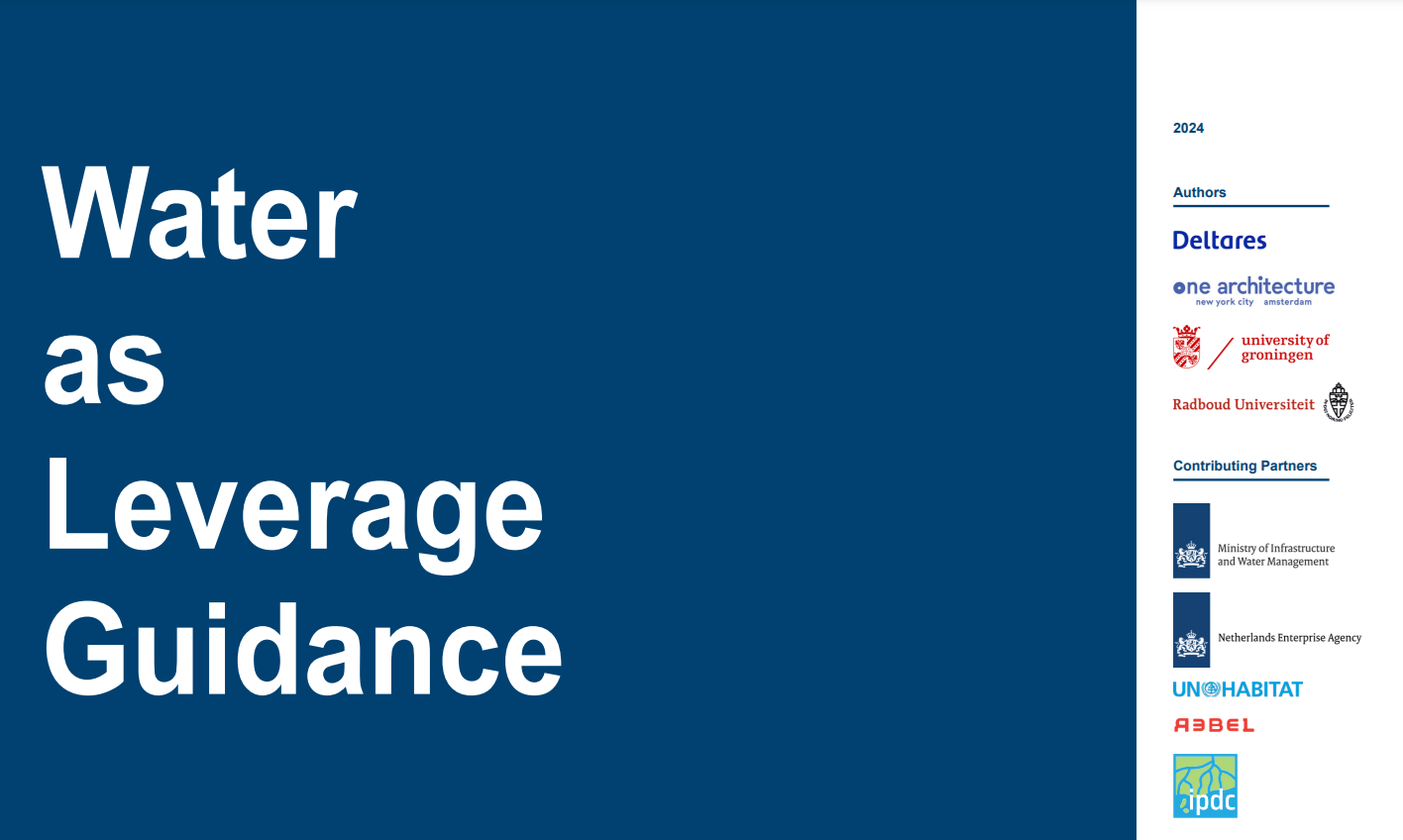Flooding can have devastating effects on local communities. Flood Early Warning Systems (FEWS) and Flood Evacuation Planning are critical to saving lives, reducing damages, and building community resilience against flooding, especially in the face of growing climate risks.
An IPDC online session looked at how Early Warning Systems (EWS) can be used to predict pluvial and coastal floods in the face of increasing climate risks, and how (flood) forecasting data can be transformed into actionable evacuation and provisioning plans. Both aspects are critical to saving lives, reducing flood impacts, and building community resilience.
Using two case studies, the session explored how these tools are implemented in Durban, South Africa, and Quelimane, Mozambique, how forecasting data can be transformed into actionable plans on the ground to protect vulnerable communities.



